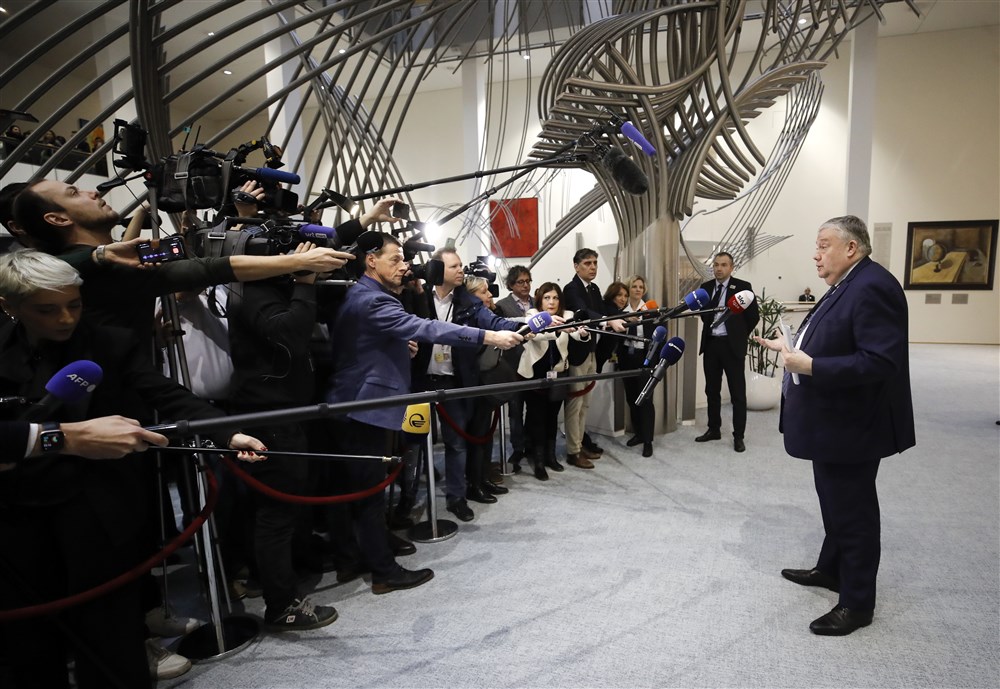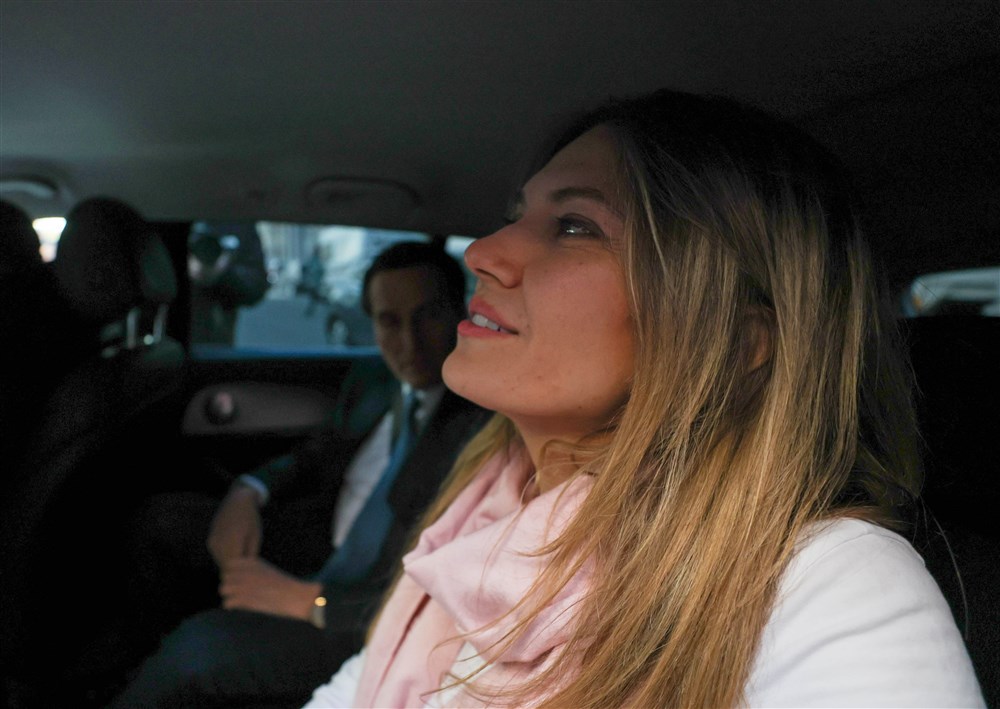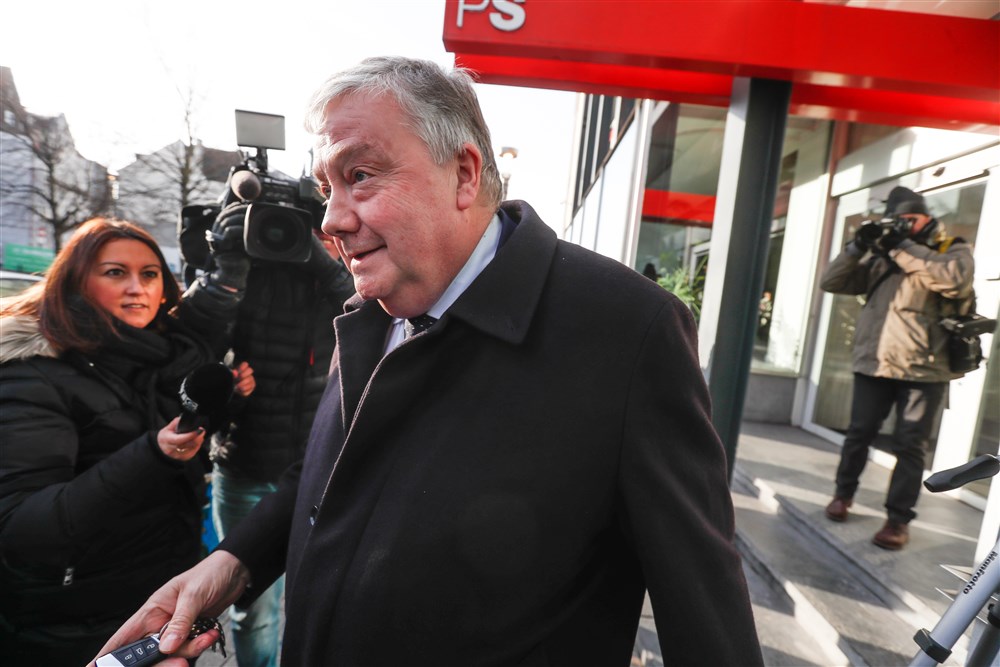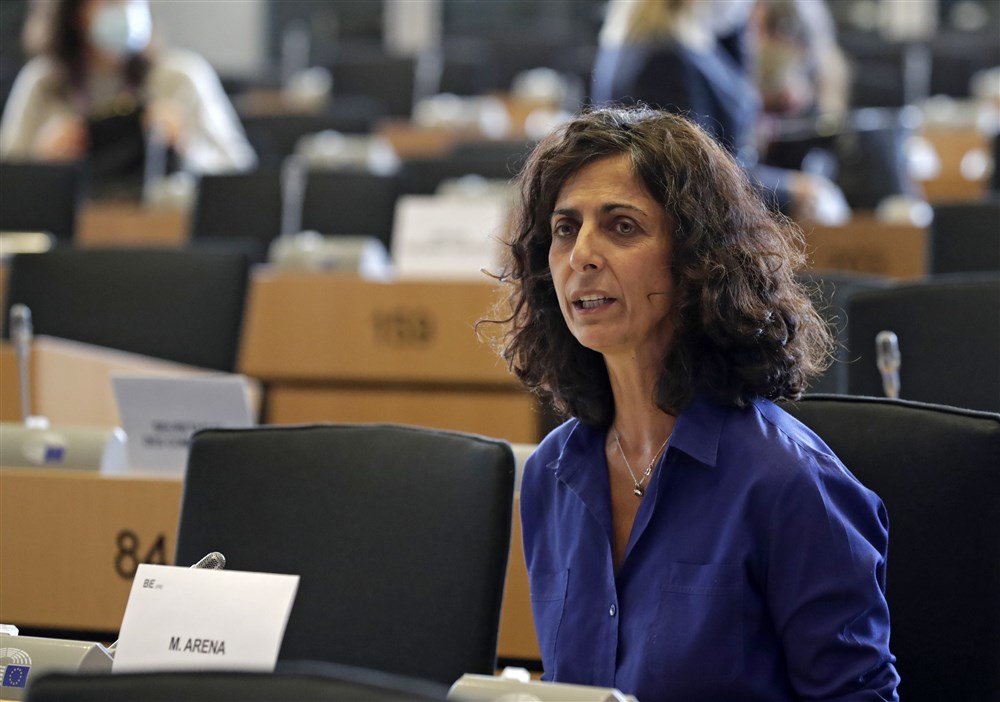The European Commission official facing pressure over his free trips to Qatar conducted his own conflict of interest assessment, the Brussels executive admitted on March 6.
Henrik Hololei, the top official in the Commission’s transport ministry (known as DG MOVE), assessed his own plans to travel business class at the expense of his hosts and decided there was no conflict with his ministry’s role in negotiating an air agreement with Qatar.
Asked who conducted the conflict of interest assessment covering Mr Hololei’s four paid-for trips to Qatar, an EC spokesperson told journalists at the March 6 midday briefing that “he [Mr Hololei] is in charge of doing so”. This was the rule for all officials of this rank – director-general – the spokesperson said. Such officials may consult the higher “political hierarchy” if they wish, but there is no obligation to do so.
Following the free flights revelation, European Ombudsman Emily O’Reilly wrote to the Commission last week asking how rules for authorising business trips would be updated. “The Qatari government and organisations close to it paying for travel expenses for DG MOVE’s most senior official gives rise to legitimate questions around possible undue influence of the EU’s decision-making in this area”, the letter reads.
Seeking to minimise damage, the executive has stressed that its rules will be changed. In the future, the spokesman said, also on March 6, funding will only be accepted for trips to “global events” organised by the UN, G7, G20. Journalists asked how it was possible that an official can authorise his or her own trips. Mr Hololei is the only official of this grade to have benefited from such free trips since the start of the Commission mandate, press were told.
Asked if Mr Hololei should resign, the spokesperson was not emphatic. The rules in this case had been followed, she pointed out.
Attempts by Qatar to influence the Brussels law-making machine form the basis of the ‘Qatargate’ scandal, which has until now largely focused on the European Parliament and claims Qatar (and Morocco) tried to bribe Euro MPs (the claims are denied).
Qatargate suspects including former Parliament vice president Eva Kaili remain in custody in Belgium. Attempts to have them released on bail, including a new attempt last week, have all been rejected. Despite the allegations, Ms Kaili would probably be forgiven by the Greek electorate should she return home to reignite her domestic political career, Politico speculates today.





